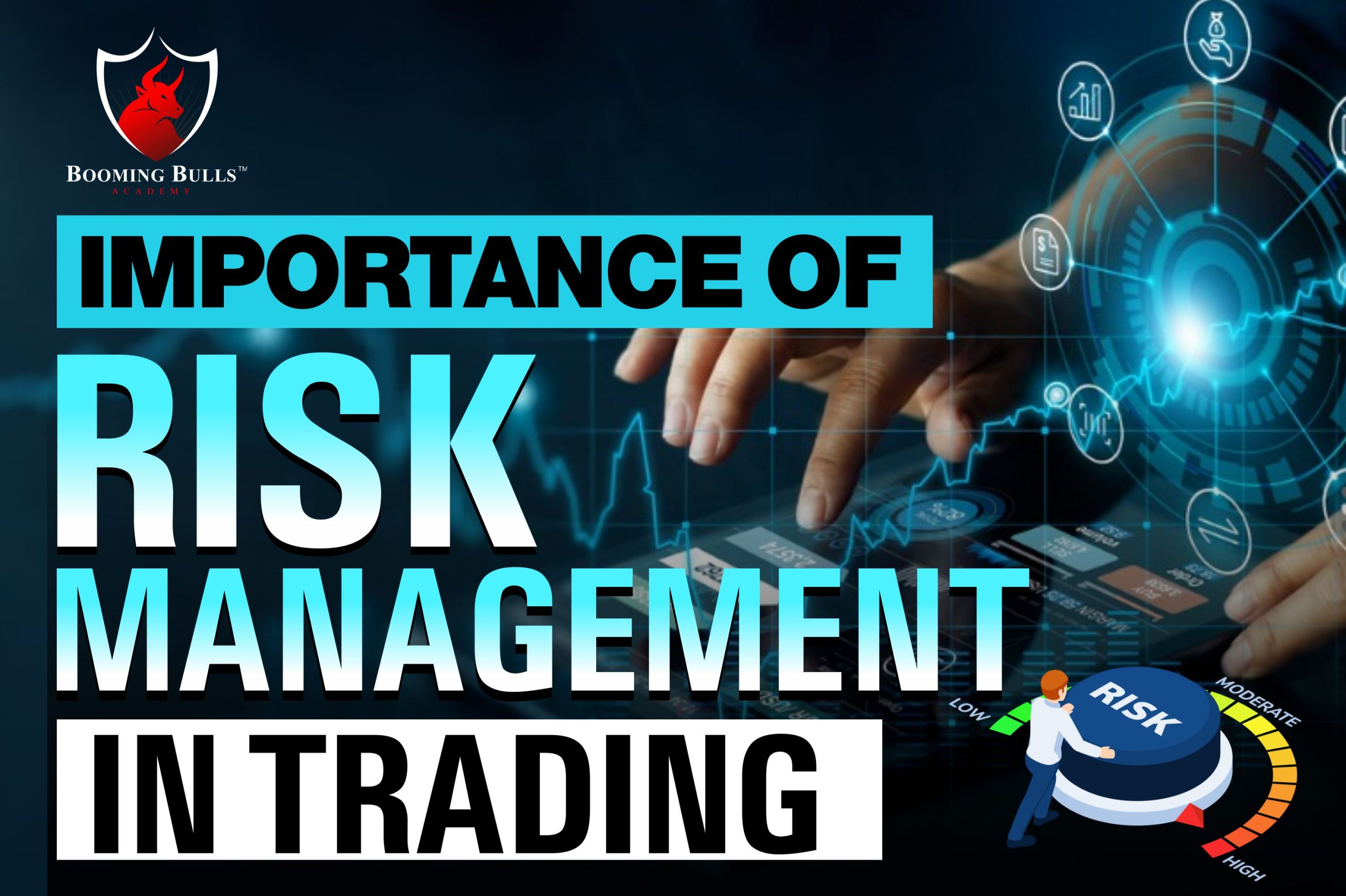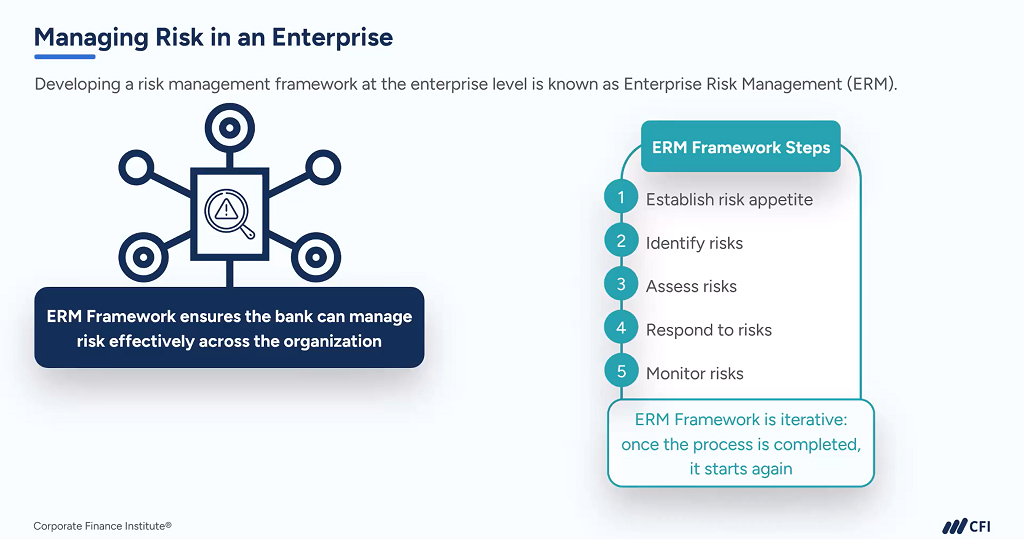The Crucial Importance of Risk Management in Protecting Corporate Assets
The Crucial Importance of Risk Management in Protecting Corporate Assets
Blog Article
The Value of Understanding the Relevance of Risk Management in Numerous Industries

The Core Principle of Risk Management and Its Purpose
Risk Management, the keystone of lots of sectors, hinges on the recognition, evaluation, and mitigation of uncertainties in a business environment. It is an essential practice that enables companies to protect their possessions, online reputation, and overall survival. By properly determining possible dangers, organizations can establish approaches to either stop these threats from taking place or minimize their influence. The examination procedure involves examining the possibility and potential intensity of these risks. When dangers have been recognized and reviewed, the reduction process entails creating approaches to lower their prospective influence. This process is cyclical and ongoing, guaranteeing that organizations are prepared for the ever-changing nature of Risk in different markets. The main objective, thus, is to foster strength among unpredictabilities.
Benefits of Implementing Risk Management in Company Operations

Introducing the Function of Risk Management in Different Industries
While every sector challenges its one-of-a-kind set of threats, the execution of Risk Management techniques remains a typical in their quest of sustainability and development. In the health care industry, Risk Management entails guaranteeing patient security and information security, while in financing, it includes mitigating financial investment threats and guaranteeing regulatory compliance. Ultimately, the role of Risk Management throughout markets is to determine, evaluate, and Bonuses reduce risks.
Real-life Situation Studies Demonstrating Effective Risk Management
To recognize the relevance of Risk Management in these resource lots of markets, one can seek to numerous real-life circumstances that show the effective application of these actions. As an example, in the energy industry, British Oil created Risk mitigation prepares post the 2010 Gulf of Mexico oil spill. They carried out far better safety treatments and more stringent regulations which dramatically minimized further crashes. In finance, Goldman Sachs efficiently browsed the 2008 financial dilemma by identifying potential mortgage-backed securities threats early. Finally, Toyota, upload the 2011 earthquake in Japan, changed its supply chain Management to decrease interruption dangers. These instances demonstrate how sectors, picking up from dilemmas, efficiently applied Risk Management techniques to decrease future threats.
Future Fads and Growths in Risk Management Techniques
Cybersecurity, as soon as a peripheral issue, has actually catapulted to the forefront of Risk Management, with strategies focusing on feedback, detection, and avoidance. The integration of ESG (Environmental, Social, Administration) elements into Risk Management is another expanding trend, mirroring the increasing acknowledgment of the duty that environmental and social risks play in service sustainability. Therefore, the future of Risk Management lies in the fusion of sophisticated modern technology, ingenious techniques, and an alternative strategy.
Final thought
In verdict, comprehending the find out this here value of Risk Management throughout a range of sectors is critical for their long life and success. Customized approaches can assist mitigate potential dangers, secure properties, and foster stakeholder count on. In addition, proactive decision-making aids in regulative compliance and maximizes source usage. Ultimately, successful Risk Management contributes to extra resilient and lasting services, highlighting the importance of this method in today's dynamic and highly competitive company setting.
While every industry challenges its distinct collection of threats, the implementation of Risk Management strategies remains a typical denominator in their quest of sustainability and growth. In the health care market, Risk Management requires making certain patient safety and data protection, while in financing, it entails mitigating financial investment risks and guaranteeing governing compliance. Inevitably, the role of Risk Management throughout markets is to recognize, evaluate, and alleviate risks. These situations demonstrate just how industries, discovering from dilemmas, properly used Risk Management methods to decrease future threats.

Report this page